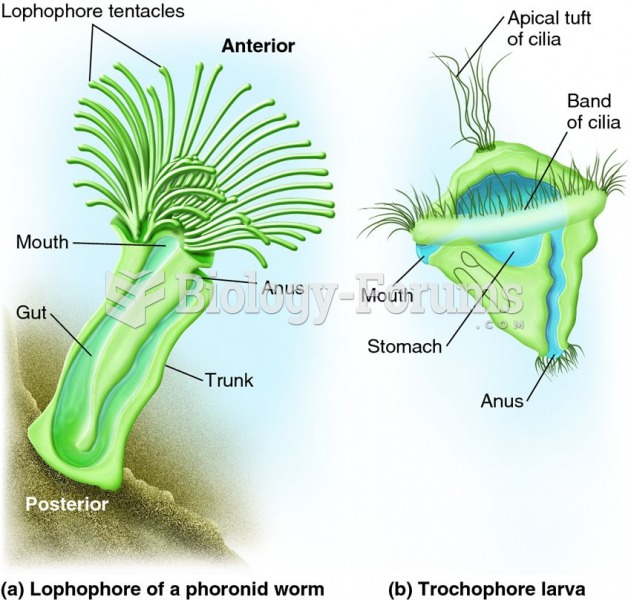Answer to Question 1
Borderline personality disorder is characterized by erratic moods, unstable relationships, poor self-image, and fear of abandonment. Borderline individuals often engage in suicidal and/or self-mutilating behaviors, and have difficulty maintaining healthy relationships. Borderline personality disorder is more prevalent in families with the disorder and is more common in women. There is also a strong link to early sexual abuse among borderline individuals, but it is not clear whether there is a gene-environment interaction accounting for some of this data. People with borderline personality disorders are typically distressed about their lives and are more likely to seek treatment even than people with anxiety and mood disorders. They often respond positively to medications, including SSRIs, other antidepressants, and lithium. Dialectical behavior therapy, which involves helping people cope with the stressors that trigger suicidal behavior, may also be effective. Therapy is conducted weekly and helps patients learn to identify and regulate emotions. It also contains elements of treatments used to help people with posttraumatic stress disorder. Eventually, clients learn to trust their own response rather than depending on the validation of others. Up to 88 percent of borderline patients who undergo therapy experience remission at 10 years, which is an extremely positive outlook among the personality disorders.
Answer to Question 2
Antisocial personality disorder involves irresponsible, impulsive, deceitful behavior that violates social and legal norms. Antisocial individuals lack conscience and empathy, and feel justified in taking what they want, whether it suits other people or not. These behaviors start early in life as conduct disorder, which is considered a precursor to antisocial personality disorder. Often the individuals involved are glib and superficially charming but have a grandiose sense of self-worth, are very good at manipulating others, and lack remorse for their actions. Some researchers believe that the fearlessness, thrill seeking, and insensitivity to punishment shown by people with antisocial personality disorder are related to low levels of cortical arousal, although social factors such as familial divorce or substance abuse may also encourage antisocial behavior. Since people with antisocial personality disorder do not feel bad about what they have done, they rarely seek treatment unless forced to for family or legal reasons. Consequently, they are not motivated to change, often fail to cooperate with treatment, and may even try to manipulate the therapist in order to thwart therapeutic change.







